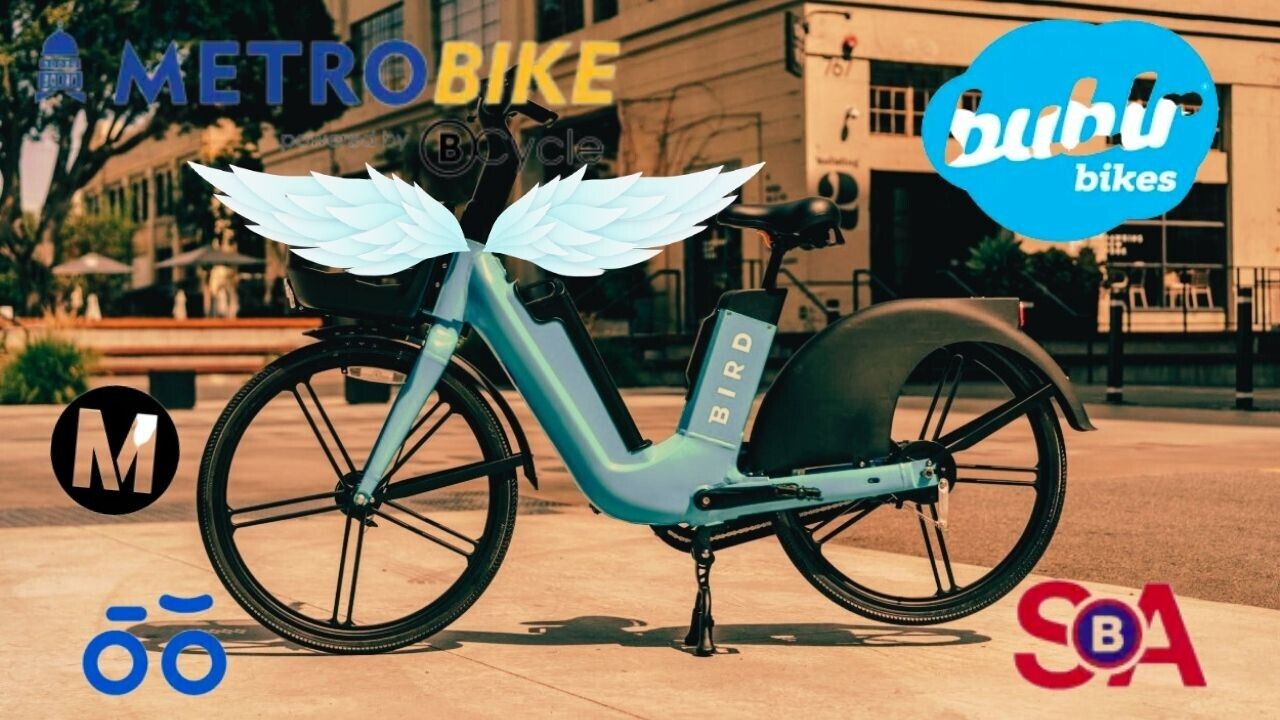
Did you know SHIFT is taking the stage on Sept 30 and Oct 1? Together with an amazing line-up of experts, we will explore the future of mobility during TNW Conference 2021. Secure your ticket now!
In June, Bird expanded its micromobility services by adding to its escooters a fleet of shared ebikes. The company launched its first dedicated Bird Bike along with the “Smart Bikeshare Program” that allows local shared ebike and emoped providers to integrate with the Bird app.
At the time, Bird had only partnered up with the Italian emoped operator ZigZag, but as of Wednesday the company has rolled out free public bikeshare integration with multiple cities.

Local bikeshare service providers in Oslo (Oslo City Bike), Austin (Metrobike Austin), Los Angeles (Metro Bike), San Antonio (SA Bikeshare), and Milwaukee (Bublr Bikes Milwaukee) will be able to feature their bikesharing programs directly in the Bird app.
Notably, Bird’s integration with public bikeshare services is completely free of charge for cities and local operators.
How does it work?
It’s fairly simple.
When riders search for vehicles in the Bird app, they’ll be able to also see public bike stations in their proximity along with the number of bikes currently available at each.
Then they only need to tap the respective icon, which will take riders to the local app. From there they can rent a bike within a few minutes.

Why is Bird aiming for public integration?
The company says that it’s focusing on working together with, and not against, existing mobility services. That way it can actually promote multimodal electric mobility “without monopolizing transportation options or competing with local businesses.”
Admittedly, that’s an admirable purpose and a model of complementing micromobility options would further discourage the dependence on cars.
At the same time, no company is planning its strategy without expecting to turn a profit. And given that the global bikesharing market’s worth is expected to reach $21.3 billion by 2030, the stakes are indeed very high.
Bird may not be asking for money to display the vehicles of local providers alongside its own, but there’s still a couple of significant advantages that could return the investment.
First up, the collaboration with other operators enables the company to have a multimodal presence without requiring to hugely expand its own fleet or to add other forms of micromobility vehicles.
Plus, Bird can get a much larger quantity of valuable data to identify traveling patterns and needs, which could be very useful for future models and expansion plans to other cities.
Do EVs excite your electrons? Do ebikes get your wheels spinning? Do self-driving cars get you all charged up?
Then you need the weekly SHIFT newsletter in your life. Click here to sign up.
Get the TNW newsletter
Get the most important tech news in your inbox each week.




